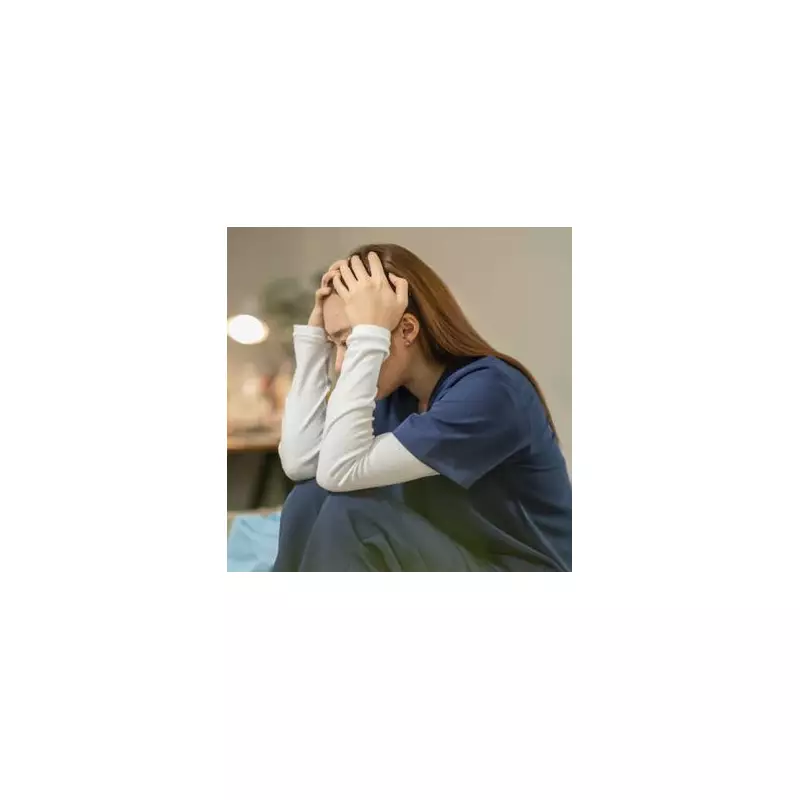
Across the UK, a silent epidemic is affecting countless women who navigate daily life without understanding why they struggle. Attention Deficit Hyperactivity Disorder (ADHD) in women often remains hidden, misdiagnosed, or completely overlooked by healthcare professionals.
Why Women's ADHD Slips Through the Diagnostic Net
Unlike the stereotypical hyperactive boy often associated with ADHD, women present symptoms differently, leading to what experts are calling a "diagnostic disparity" that leaves many suffering in silence.
1. The Masking Phenomenon: Becoming a Chameleon
Many women develop sophisticated coping mechanisms to hide their symptoms, a process known as "masking." They might appear highly organised externally while internally struggling with chaos. This constant performance is emotionally draining and often leads to anxiety and depression being treated instead of the root cause.
"Women are socialised to be people-pleasers and perfectionists," explains one mental health specialist. "They develop complex systems to compensate for their executive function challenges, making their ADHD virtually invisible to the untrained eye."
2. Hormonal Influences: The Monthly Rollercoaster
Female hormones significantly impact ADHD symptoms in ways rarely discussed in medical literature. Estrogen fluctuations throughout the menstrual cycle can dramatically affect focus, emotional regulation, and impulse control.
During periods of low estrogen, such as before menstruation or during perimenopause, ADHD symptoms often intensify, creating what many describe as a "monthly regression" of their coping abilities.
3. Misdiagnosis: The Wrong Treatment Path
Healthcare providers frequently mistake ADHD symptoms in women for:
- Anxiety disorders
- Depression
- Bipolar disorder
- Borderline personality disorder
- Chronic fatigue syndrome
This misdirection means women often spend years, sometimes decades, receiving treatments that don't address their core challenges, leading to frustration and worsening mental health.
The Path Forward: Recognition and Understanding
Increased awareness among both medical professionals and the public is crucial. As understanding of neurodiversity grows, more women are finally finding answers to lifelong struggles.
If you suspect you might have undiagnosed ADHD, seeking assessment from specialists experienced in adult ADHD, particularly in how it presents in women, can be life-changing. The journey to diagnosis, while challenging, often brings profound relief and access to appropriate support strategies.





